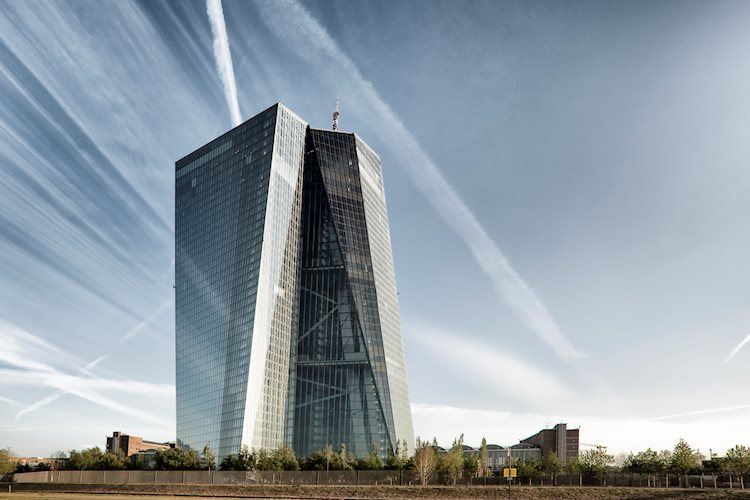Iran’s drone and missile attack – telegraphed days beforehand – alongside the fact it was largely thwarted by the air defences of Israel and allies could let Tehran claim retribution for Israel’s alleged assassination of Iranian military commanders in Damascus at the same time as presenting an off-ramp for Israel. Nevertheless, retaliation from Israel appears possible if not probable. The question at this stage centres on what form any reprisal takes and how much restraint Israel exercises, including in Gaza.
Oil markets have already priced in protracted tension and elevated geopolitical risk, with Brent prices standing at around USD 90 a barrel (albeit slightly lower this week). However, any further intensification of conflict within the region – even if this falls short of any full-scale regional war – could have significant economic repercussions beyond the Middle East through higher commodity prices, disrupted shipping routes and risk-off in financial markets.
A wider Middle-East conflict could disrupt up to a third of global oil production and about 15% of natural gas production (Figure 1). Iranian oil production is comparatively modest, at around 3.5% of global production but its natural-gas production is more meaningful (at about 6%).
Internationally, the Strait of Hormuz is of strategic importance for crude-oil producers including Saudi Arabia (14.5% of global production), Iraq (6%), the United Arab Emirates (4%) and Kuwait (4%). The Strait is also crucial for Qatari gas exports (5%), especially to Europe since the international sanctions applied on imports from Russia.
Figure 1. Military confrontation foreseen disrupting Middle-East oil and gas production
Oil and natural-gas production, % world aggregates, 2022





